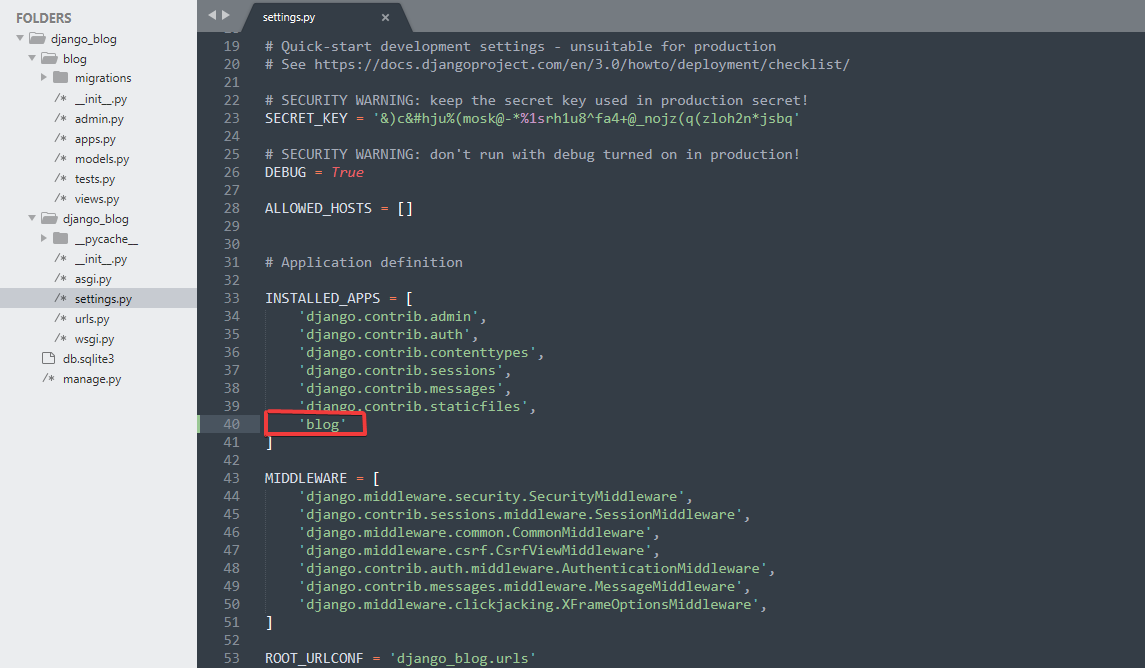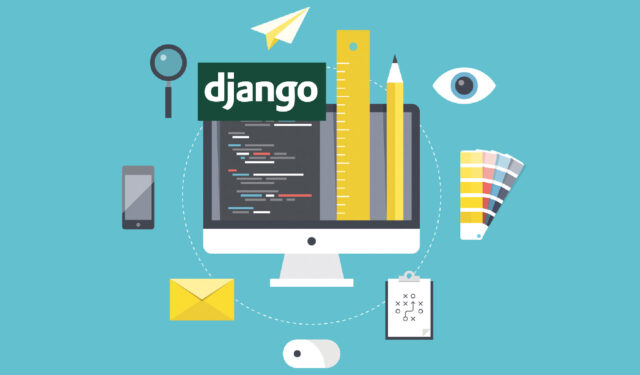
In the web development sector, certain frameworks have arisen as industry favorites, with Django being highlighted as one of the most popular options. Django, a high-level Python web framework, has obtained a widespread appreciation for its versatility, robustness, and power. But how popular is Django Python? Let’s dive into the reasons behind its popularity and examine why it is vital in the industry of web development.
Django Definition
Django was invented in 2003 and is an open-source web framework. It is created in Python, an actively-applied programming language that is also popular because of its solidity. The Django framework sticks to the model-template-view (MTV) architectural pattern. Its primary construct comprises the concept of “batteries included,” which refers to providing software engineers with a fully-fledged set of tools, libraries, and features to streamline the web development flow.
Django for Web Development

Let’s see how Django is used for web development:
Django offers a modular structure based on the application concept. Developers can create separate applications within a project, each with its own data models, views, templates, and URL routes. This allows us to divide the functionality of the apps into logical components and utilized them in other projects.
The backbone of Django is its ORM (Object-Relational Mapping), which provides database abstraction. With ORM, developers can define data models in the form of Python classes that are automatically mapped to tables in the database.
Django views define the logic for processing queries and interacting with data models. They accept requests from the client, retrieve or modify data in the database, and return the appropriate HTTP response. Views can also render templates, insert data into them, and generate the resulting HTML page.
Using Django templates, developers define the appearance of a web application. Thus, with a special template language, dynamic data can be embedded into HTML pages. It enables developers to create dynamic web pages that can adapt to different conditions and interact with the user.
Pros of Django
Django’s popularity in web development is conditioned by a range of key reasons and factors:
1. Rapid development
Django’s concentration on optimization and high efficiency allows developers to implement complex web applications, substantially decreasing time-to-market. Engaging its robust kit of components, such as authentication, routing, and database connectivity, Django specialists eliminate the need to fritter away, allowing them to focus on the outstanding features of their projects.
2. Scalability
Scalability is another valuable trait that defines why Django is popular. It is created to handle high-traffic websites smoothly, which is an essential aspect for projects that undergo solid growth. Django’s capacity can efficiently handle concurrent requests. Accompanied by its caching mechanisms and support for load balancing, this framework offers seamless performance even when working with heavy loads.
3. Versatility

As a versatile framework, Django caters to a wide range of web development tasks. It supports various databases, covering PostgreSQL, MySQL, and SQLite, and offers compatibility with different web servers. Additionally, Django’s all-around ecosystem provides numerous packages and extensions for extra functionalities, making it suitable for projects of any size or complexity.
4. Security
Django puts a solid priority on security, making it a reliable choice for web development. The framework incorporates a range of built-in security measures, such as protection against common vulnerabilities like cross-site scripting (XSS) and cross-site request forgery (CSRF). Moreover, Django’s user authentication and authorization features provide a solid foundation for building secure web applications. A reliable and experienced Django development company can maximize the security of your web app with this framework.
5. Extensive documentation and community support
An enthusiastic and supportive community of Django developers, which plays a significant role in its popularity. The community puts a lot of effort into the framework’s enhancement, progressing and improving its features and addressing any challenges. Aside from that, Django offers comprehensive and well-maintained documentation, which helps handle any arising obstacles within web development.
6. Testing and debugging
Django is also a robust testing framework that is useful in writing tests for web solutions. This facilitates the process of detecting and fixing issues, ensuring the delivery of high-quality software. Employing Django’s debugging tools, tech experts streamline the procedure of identifying and resolving errors, enhancing the overall web development experience.
7. Admin interface
In Django, there’s also a valuable feature that simplifies the management of data and allows for easy content administration. With just a few lines of code, developers can create a fully functional and customizable administration panel, saving valuable time and effort. This also contributes to the popularity of Django.
8. SEO-friendly
The design of Django focuses on clean and search engine-friendly URLs, which is a valuable part of search engine optimization (SEO) efforts. The framework offers URL routing capabilities and makes it straightforward to generate human-readable URLs, contributing to better visibility and ranking in search engine results.
Cons of Django

Still, as with any other language, Django incorporates some disadvantages that we’ll list below:
1. Learning curve
Django, being a comprehensive framework, has a learning curve associated with it. Its extensive features and conventions may take some time for beginner-level developers to comprehend. Yet, once specialists get a good base of knowledge in Django’s structure and concepts, it becomes a powerful tool in their arsenal.
2. Opinionated framework
Django sticks to a particular set of practices and has its own approach to product implementation. While this promotes consistency and best practices, it may restrict developers who prefer more flexibility or have specific architectural preferences. Still, it is fair to mention that Django does offer ways to customize and extend its functionalities as needed.
Popularity of Django
Is Django popular? According to SimilarTech statistics, Django is widely adopted by both small-scale startups and large enterprises across different industries, like science and education, health, computers & electronics, and more. Its popularity is evident from the thriving ecosystem of Django packages, active community support, and the capabilities it gives to the developer’s hands. That’s why, in 2024, 83,959 websites in 49,729 unique domains currently use Django, according to the same source.
Django’s popularity is based on its ability to simplify and streamline the web development process. Its robust features, scalability, security, and community support make it a demanded tool worldwide. While there may be a learning curve and some constraints associated with Django, its benefits substantially prevail over drawbacks. It provides a solid foundation with efficient and secure development for projects of any scale. This makes Django’s popularity well-deserved, and it continues to evolve.









